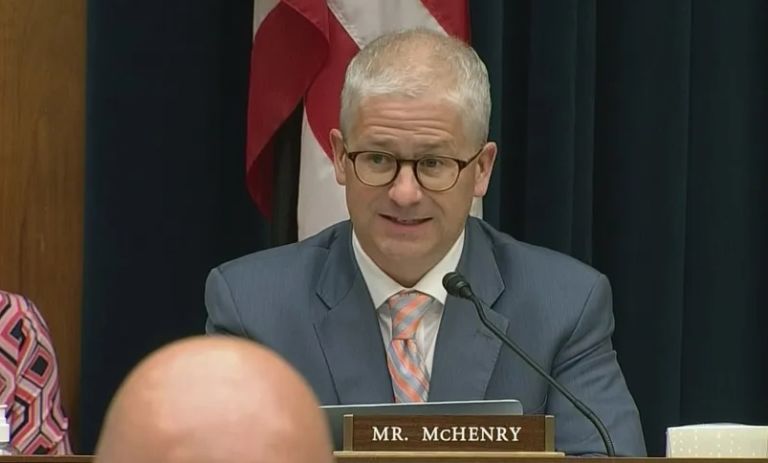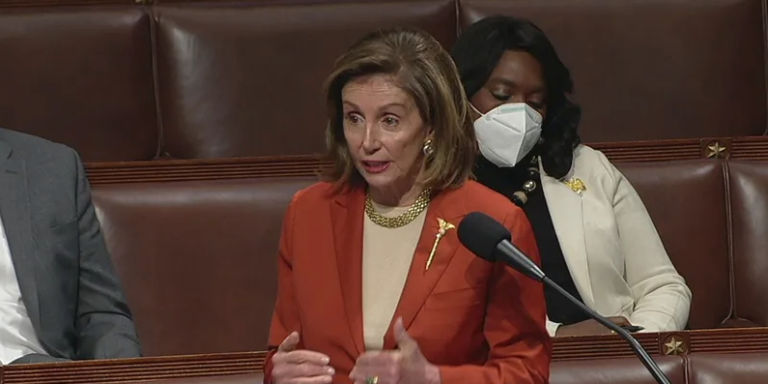Editors at National Review Online explain why Democrats in Congress should drop one of their bad ideas.
Liberal Democrats have found a tax cut for the rich they love. Some of them wanted it included in the “COVID relief” legislation passed last month. Now they want it in the “infrastructure” bill Congress is considering. Never mind that it has little rational relation to either topic.
Since the Republican tax reform of 2017, the federal government has allowed taxpayers to deduct $10,000 of their state and local tax payments from their federal taxes. What the Democrats now seek is a restoration of the unlimited tax deduction that had previously been in place. Only the highest earners hit that cap, so getting rid of it would directly benefit only them. The Tax Foundation estimates that lifting the cap would raise the after-tax incomes of the bottom-earning 40 percent of households by nothing. People in the middle of the income distribution would see an average increase of 0.01 percent. People in the top 1 percent, on the other hand, would receive a 2.8 percent increase. Another analysis, from the Tax Policy Center, found that the top 20 percent of taxpayers would receive 96 percent of the benefit of repealing the cap.
A tax cut with that distributional impact would normally outrage progressives, but could be worth supporting if strong considerations of economic growth or justice weighed in favor. They are, however, absent here. The Democratic enthusiasm for this tax cut has two sources. It disproportionately benefits not just high earners but high earners in high-tax, which is to say liberal and Democratic-run, jurisdictions: the kind of people who fund Democratic campaigns everywhere. It also makes it easier for state and local governments to maintain high levels of taxation: Taxpayers in other parts of the country pick up some of their burden. Public-sector unions are, for that reason, also enthusiastic about the deduction.


